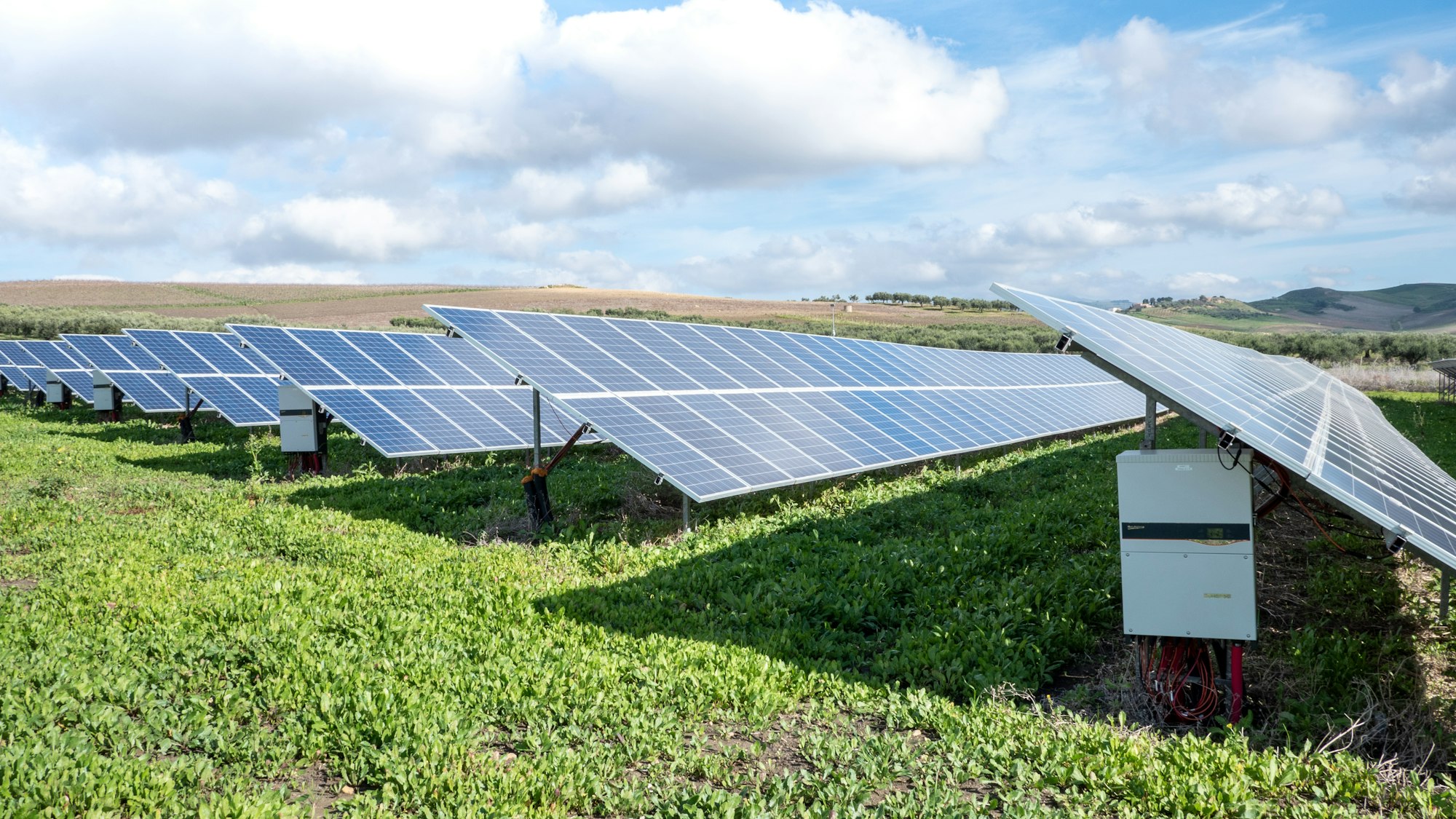
Cheap Clean Energy Saves Lives
Cleaning up the grid is a good idea, and not just for the climate's sake.
Cleaning up the grid is a good idea, and not just for the climate's sake.
Outline
Of all the things we need to change to stop climate change from getting worse, by far the biggest is how we get and use energy. We simply have to break up with the fossil fuels we’ve long relied on to warm and light our homes and fuel all manner of transportation and industrial processes.
This isn’t just a good idea for the climate’s sake; it would save millions of lives annually, according to a BMJ study released late last year. It estimates that of more than 8 million annual deaths due to air pollution, some 5 million “are attributable to ambient air pollution from fossil fuel use and therefore could potentially be avoided by phasing out fossil fuels.”
Then there’s the stunning economic case. Here, we draw from recent updates to our Learning for Action classes. (We also have a short class focused on energy set to launch later this month!)
Some costs of producing electricity are fixed, while others scale as you generate more power, so to compare across different technologies, we use a metric called the levelized cost of electricity, or LCOE. While imperfect, LCOE is a useful way to compare costs and trends. And these days, renewables like wind, solar, and geothermal are competitive with—and often cheaper than—fossil energy. That’s per 2023 data, and before any subsidies or tax incentives are included.
Let’s emphasize how far we’ve come: For many years, the dominant narrative, even among clean energy advocates, ran something like…“Clean energy may be more expensive, but…” That story is no longer true: Renewables are the cheapest source of energy on the planet virtually everywhere! In Europe, power prices sometimes even dip below zero.
That all said, don’t mistake our optimism for an invitation to get cozy on any laurels. There’s still a TREMENDOUS amount of work to do to put our climate future on surer footing.
“The transition to clean energy is happening worldwide and it’s unstoppable. It’s not a question of ‘if’, it’s just a matter of ‘how soon,’” declared Dr. Fatih Birol, head of the International Energy Agency, in October. How soon is up to us—where by us, we mean, in no small part, you. For our planet’s climate, the sooner the better.
Terra.do can help you get started.
By Daniel Potter
More like this
So You're Ready to Step Up on Climate Action. Now What?
Folks ready to learn and do more about climate change have an array of options to get started. What are their respective pros and cons, and how does Terra.do stack up?
Our Next Cohort's Nickname Is the Manatees. Here's Why That's Special.
We've named each graduating class after animals at risk in our warming world, and we've just finished our first full lap through the alphabet.
Couldn’t We All Use More Storage?
Where are we going to put all that clean power from variable renewables like solar and wind? The world of batteries is already ramping up.

 Background
Background


